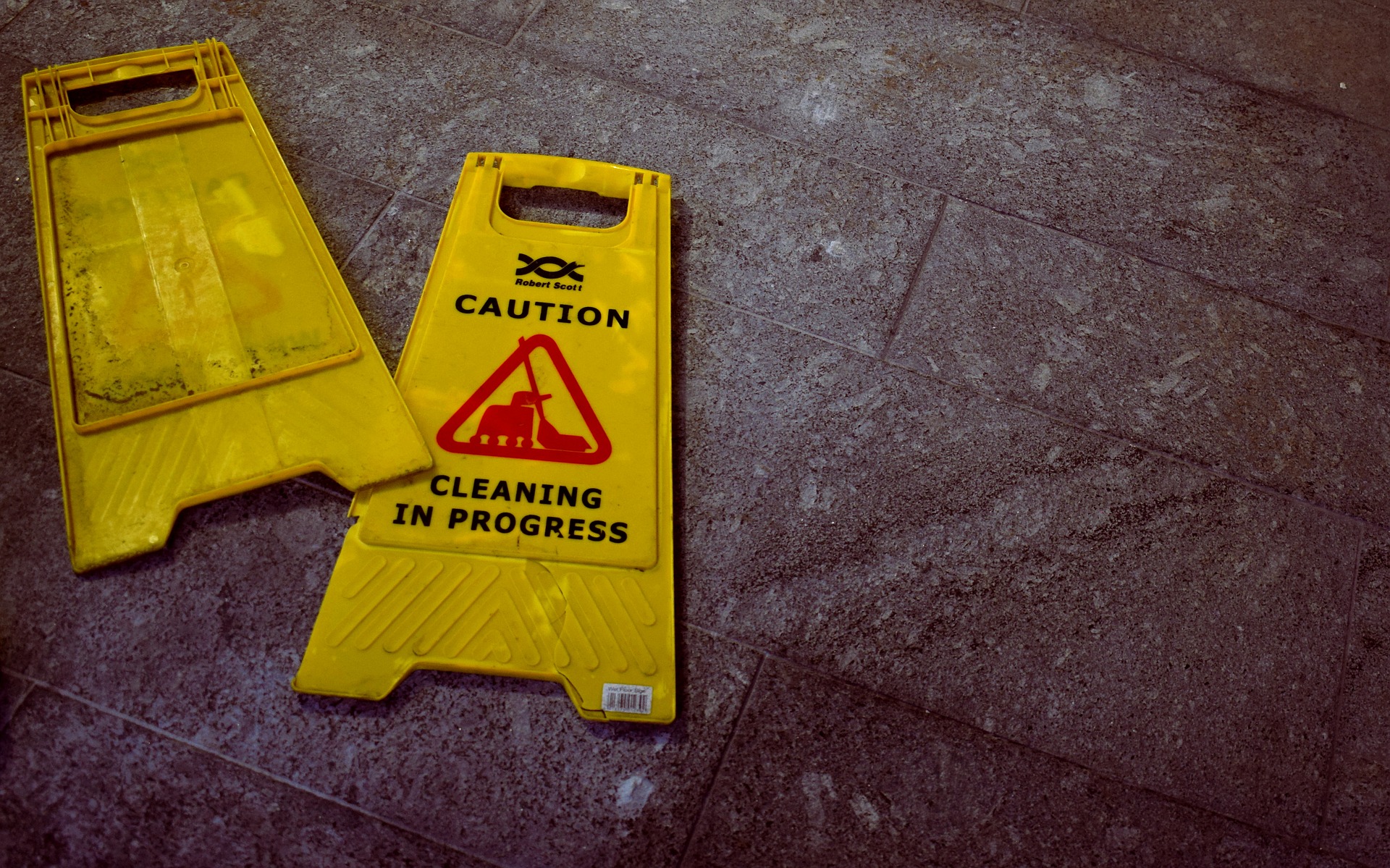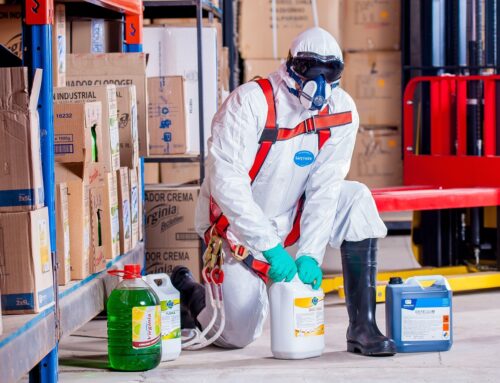The Occupational Safety and Health Administration, known by most employers as OSHA, is the U.S. organization given the responsibility for protecting employee health and safety. Congress instituted OSHA in 1971 to help guarantee healthy and safe work environments by enforcing workplace laws and standards. The administration also offers training, outreach, education and assistance to both employers and workers.
Since its inception, OSHA requirements and regulations have cut annual workplace deaths and injuries in half. Reporting to the Secretary of Labor, the group has purview over most private sector jobs and employers; not including those who are self employed.
What Does OSHA Regulate?
The Occupational Safety and Health Act of 1970 enables OSHA to define standards for safety in the workplace and to enforce the standards which have been set. OSHA generally utilizes inspections to determine that the organization is adhering to the regulations, and can levy fines or citations for noncompliance. There are typically general standards which apply across the board, and may be specific standards which are industry or environment specific.
General Standards: Section 5 of the Act outlines three general duties. Two of these standards apply to employers, and one to their employees. The first duty requires employers to maintain safe workplaces with no known hazards. The second necessitates that all employers adhere to additional standards set by OSHA. The third duty mandates that all employees follow OSHA requirements and standards in commission of their job.
Typical OSHA standards include guidelines and requirements regarding installation of safety guards on machines with dangerous moving parts; to provide and require appropriate safety equipment for the task at hand, as well as to protect employees from asbestos exposure. If a jobs description is understood to be intrinsically dangerous, employees must be properly trained is safety measures. For instance, employees who work in elevated workplaces must be adequately protected from falls; and those who work with heavy machinery must be provided with protective eyewear and headgear.
Can You File a Lawsuit Regarding OSHA Violations?
Workmans’ compensation is most often considered to be an employees sole remedy when injured at a place of employment. Workers’ compensation allows for reimbursement of medical expenses and rehabilitation; as well as wage replacement in the event an employee is injured or falls ill in the course of doing their job. These compensation systems are established and regulated by state law, and each state decides which class of employer is required to provide workmans’ compensation in place for their employees. In the absence of this coverage, an injured employee may pursue a traditional tort-based lawsuit for compensation and damages.
However, employees covered by workman’s compensation are typically prohibited from filing a lawsuit against their employer and should proceed through the system in place for remedy.
In some cases, you may be able to collect additional workmans’ compensation benefits if you can prove that your employer willfully ignored OSHA regulations. As with any claim of this type, it is important that you are well represented by a professional familiar with these cases. Insurance companies are generally motivated to pay you as little as possible and may initially make you a low offer to try to “make the case go away”. If you feel that you are entitled to file any type of claim because you were injured at work, call the experienced attorneys at Probinsky & Cole. We can discuss the merits of your case, and determine the best way for your to proceed. If you are eligible for compensation, our Sarasota & Tampa attorneys will fight for your rights.







